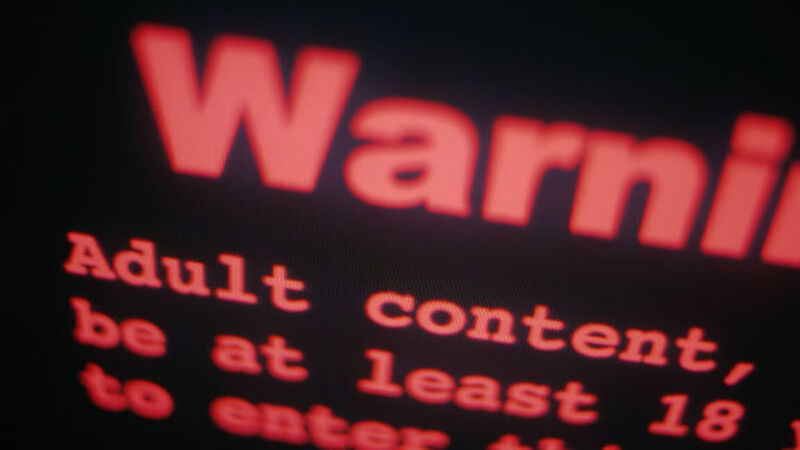Report highlights concerns of parents as many concerned over impact of pornography

The study, conducted by academics in University College Cork, found that many parents are concerned about the impact of pornography on their children, particularly younger males. It argues that ideas of girls being responsible for their own safety blurred the promotion and better understanding of sexual consent and “contributes to victim-blaming for sexual violence in our society”.
The report, entitled ‘The sexualisation and commercialisation of children in Ireland: An exploratory study’, was led by Dr Elizabeth Kiely and based on a range of sources, including direct interviews with parents and young people as well as focus groups, and a list of formal complaints made to key regulatory bodies.










